Early Years
Intent
At St Bartholomew’s we provide all children with a curriculum and learning environment that is carefully planned to provide opportunities to drive a life-long love of learning which promotes positive learning behaviours and helps our children to grow as confident, well-balanced and successful individuals.
We aim to work collaboratively with parents and carers to encourage the children to develop skills in independence where they can thrive to reach their full potential. At St Bartholomew’s, it is our intent to take into consideration the starting points and needs of our pupils as they begin their learning journey. We acknowledge and promote children’s interests to provide them with the opportunities to follow their imagination and creativity.
Our curriculum drivers match the rest of the school as we want our children to learn and understand a rich body of critical knowledge, skills and concepts that equip them to succeed in both today’s and tomorrow’s world, enabling them to have an impact on themselves and others.
We want them to grow as unique and curious individuals with the resilience and determination to continually better themselves. Through the curriculum they will refine their ability to create, perform, author high quality work, develop positive self-esteem and well being and instil and demonstrate a set of core values and attitudes.
We want our curriculum to enable every child to soar creating leaders, instigators, investigators, researchers and change makers.
Implementation
Our curriculum is taught through six topics, that we develop and adapt each year to meet the needs of the current cohort of children. Alongside this it is enhanced with real life experiences such as cooking, walks to the local area and visits from adults with different occupations such as police officers, Olympians and doctors.
Term 1 – Only One Me
Term 2 – Build me a story
Term 3 – Over the Rainbow
Term 4 – People Who Help Us
Term 5 – Growing
Term 6 – Where Shall We Go?
Planning is based on the EYFS Statutory Framework (DfE September 2021) and Development Matters (DfE July 2021). This enables the adults in Early Years to incorporate the seven areas of learning and development into a stimulating, creative, cross curricular approach, ensuring breadth and depth. The children are actively engaged in working towards the Early Learning Goals. The goals are made up of the three Prime Areas and four Specific Areas of learning, with in these areas they are broken down into 17 individual aspects which eventually lead towards the Early Learning Goals.
Learning is organised so that the curriculum is delivered through a combination of adult led activities and continuous provision opportunities, encouraging children to develop their learning independently through discovery, exploration, curiosity and challenge. The four themes of the EYFS underpin all our learning; a unique child, positive relationships, enabling environment and equal learning and development. None of these areas can be delivered in isolation from the others. They are equally important and depend on one another.
We create a language rich environment, where children are encouraged to talk and share their ideas. We regularly model and use whole class teaching time to promote quality interactions between adult and children and also peer to peer. We use stories, songs and rhymes on a daily basis to promote a variety of vocabulary and a love for stories.
We encourage the parents and carers to get involved in their children’s learning by sending home reading books, Bed Time story bags, and Fit Bags full of sports equipment. We also set the children Home Learning Challenges such as making a vehicle, reading in an unusual place and visiting the library.
Impact
In St Bartholomew’s we start the children with a phased entry so we can get to know each individual child, with up to 8 children starting each day. This phased entry consists of 2 days staying until 11.50am, two days till 12.50pm then on the fifth day coming to school fulltime.
During the children’s first few weeks in Reception we complete the Statutory Baseline Assessment, focusing on Language, Communication and Literacy and Mathematics. In addition to this we also complete our own assessments and observations on Personal, Social and Emotional Development and Physical Development. This allows us to understand the whole of the child and plan for their individual needs.
Another baseline we complete later in the year is the NELI (Nutfield Early Language Intervention): NELI is an evidence-based oral language intervention for children who show weakness in their oral language skills and who are therefore at risk of experiencing difficulty with reading. The assessment informs us if the child is at expected for their age or requires intervention from trained NELI practitioners.
Throughout the year we continue to complete assessment and observations of the children, and report the children’s progress to parents and carers through two parent consultations in the Autumn and Spring term and in their end of year report in term 6. We use Learning Journeys, maths books and whole class floor books to record the children’s learning.
In addition to this we regularly share with the parents and carers the children’s learning through the online Learning Journey Tapestry. We add comments and photos to create an individual journey for every child in Reception. It is also an opportunity for parents and carers to share with us the children’s achievements at home. This could include starting swimming, some mini beasts you found on your walk, or a visit to the library. The photos and comments are a powerful way for children to engage with telling you what they have been doing at school and for them to talk to the class about what they have done at home. We also add a regular update using memos on Tapestry, including what we have been learning at school for children to talk about and share with their families.
